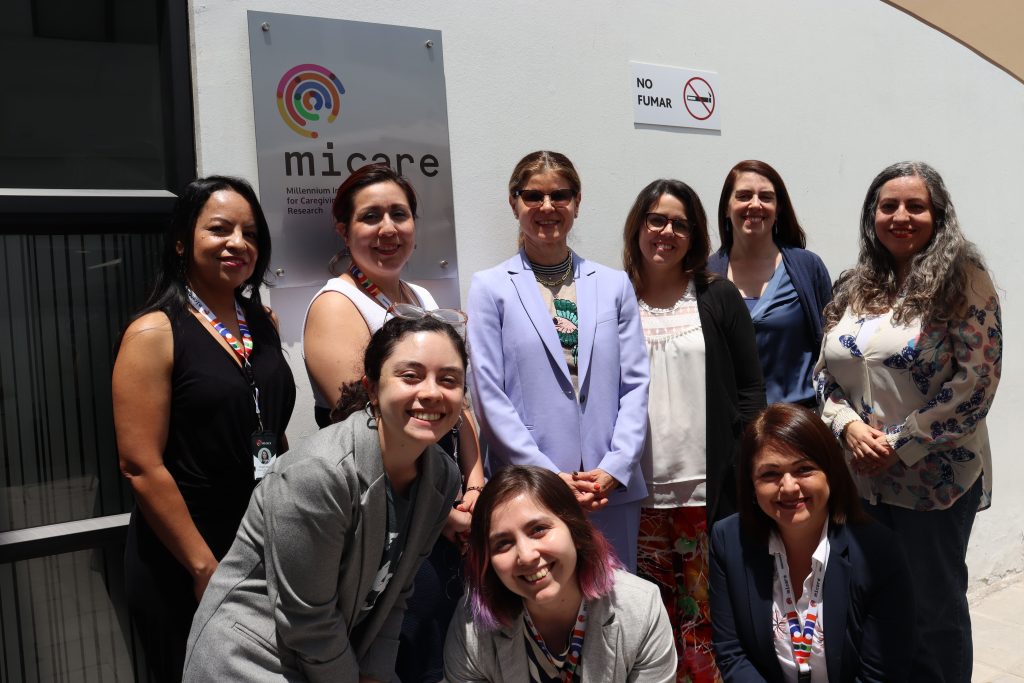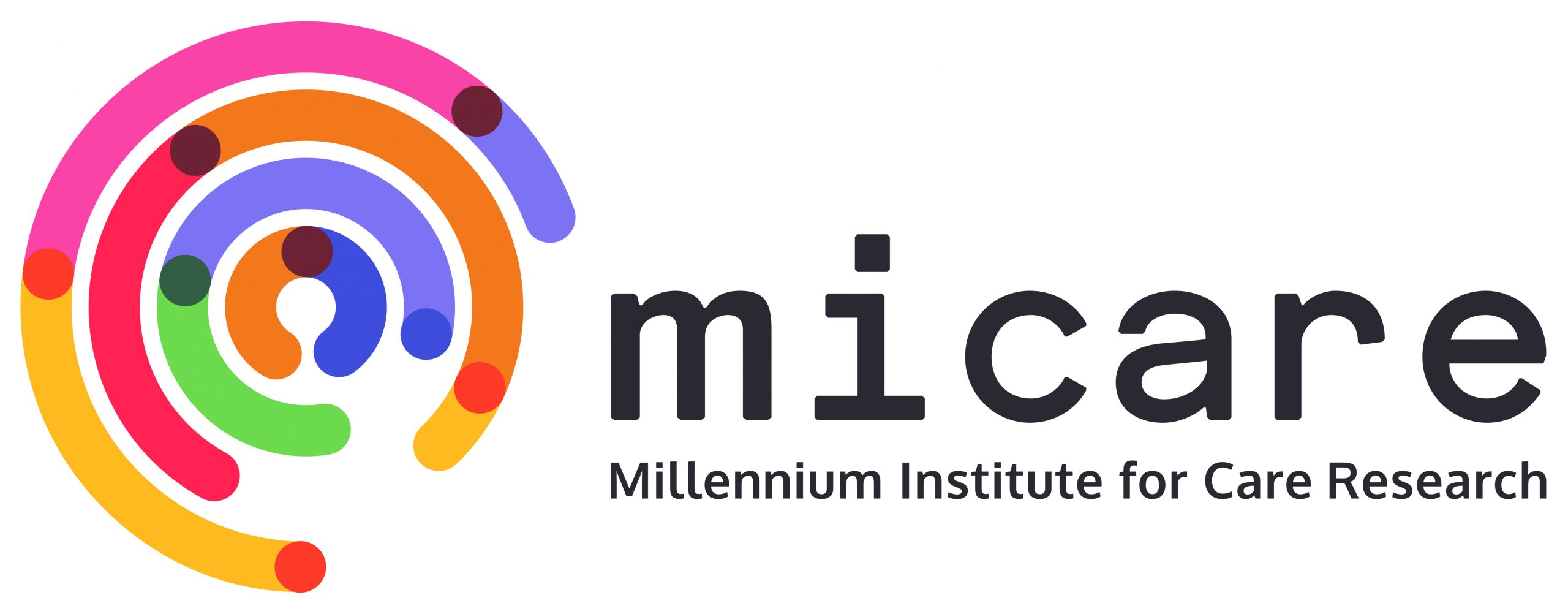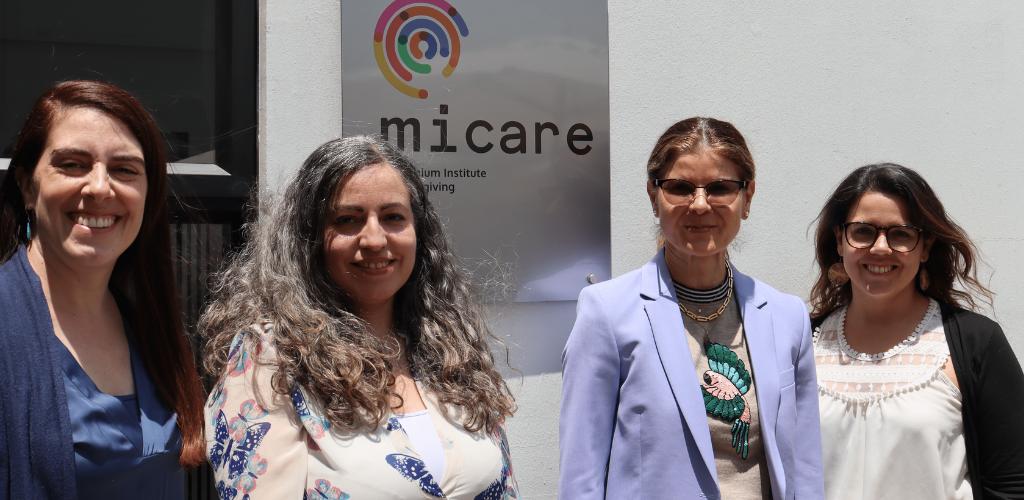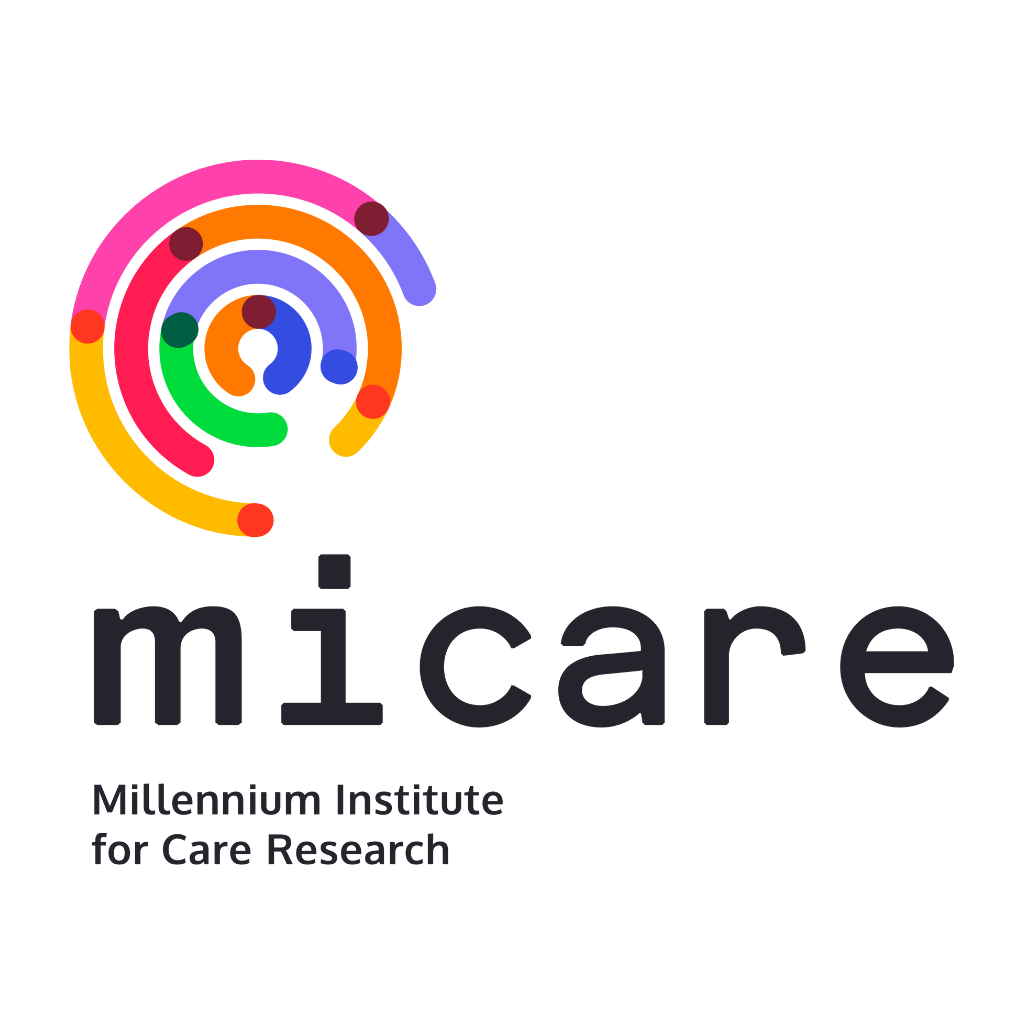By Cristóbal Venegas.
From November 28 to December 3, we received the visit of the academic Angela Hassiots, Professor of Psychiatry at University College London (UCL) and consultant to the National Health Service of the United Kingdom (NHS).
Angela specializes in intellectual disability, and she is contributing as a MICARE senior researcher from London.


Among the activities in which Angela participated during her stay in Chile, we highlight the visit to the Universidad de Los Andes, where she met with the MICARE team and participated in an Innovation activity with the University President, José Antonio Guzman.


Angela also visited the MICARE facilities at Andrés Bello University, guided by our executive team.
The academic traveled to Viña del Mar to give an international conference titled “New trends in mental health in people with intellectual disabilities and other developmental conditions.” The activity took place on Thursday, December 1 at the Sausalito Campus of Pontificia Universidad Católica de Valparaíso, with the support of Carlos Van Buren Hospital, MICARE and Universidad de los Andes.

After this exhibition, Angela shared with Fundación Sendas of Viña del Mar, where she spoke with families of children with Down syndrome.

During the week, Angela Hassiotis also met with Gabriela Muñoz, National Director of the Specialized Protection Service for Children and Adolescents (Mejor Niñez); Magdalena Álvarez, Director of the Studies Division; and other professionals of the organization.
Finally, the professor also visited Las Azucenas Residence of Fundación Coanil, in the San Joaquín district, which specializes in caring for people with intellectual disabilities.





